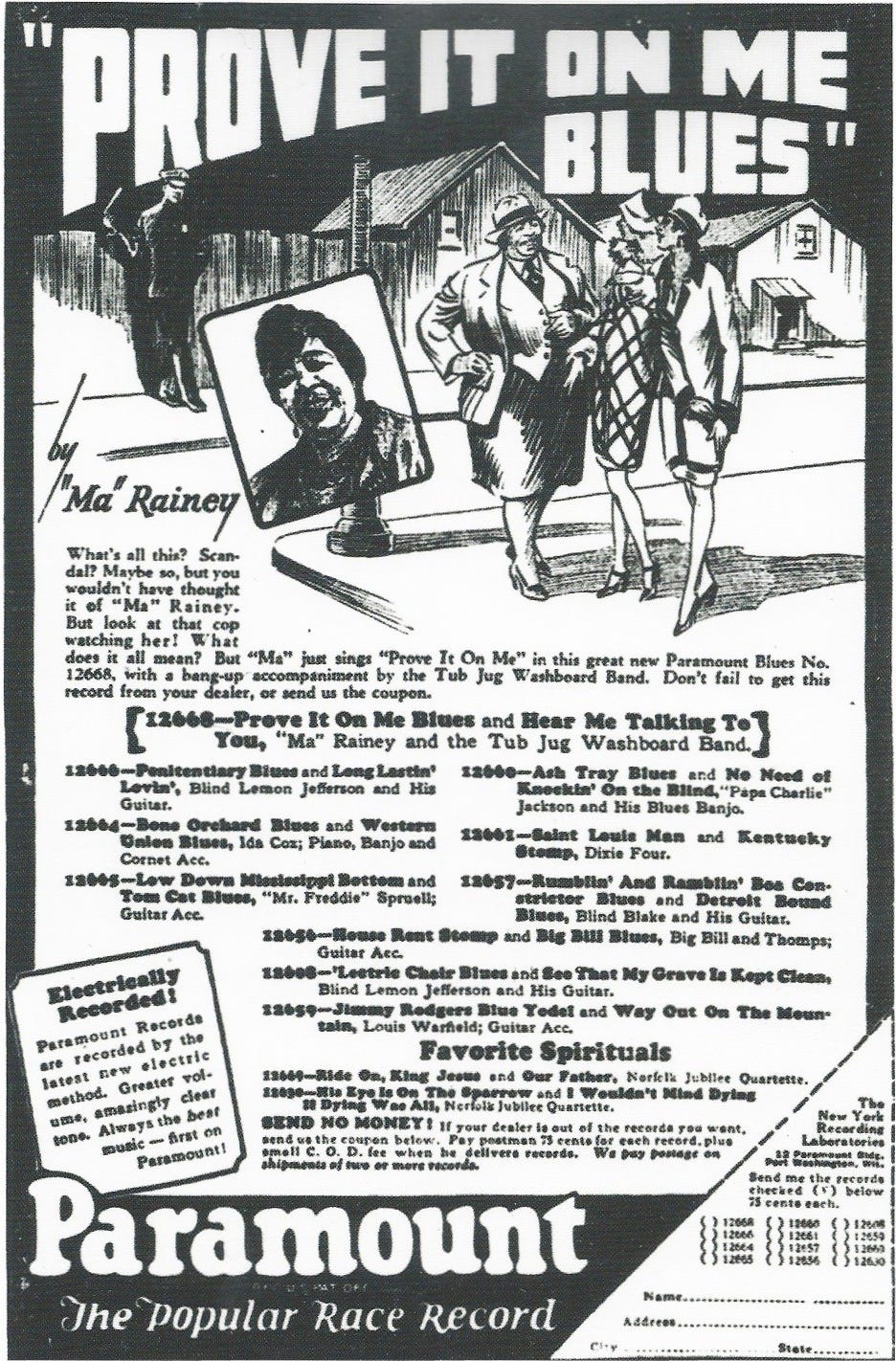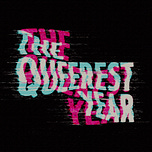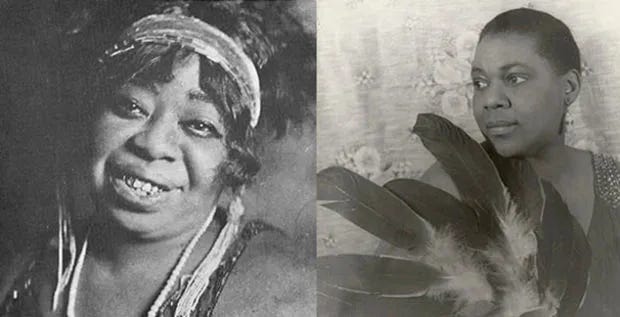Listen to us talk with our friend Laurel Hechanova about the book Blues Legacies and Black Feminism by Angela Y. Davis, published in 1998.
Angela Davis is a political activist, scholar, author, and speaker whose thinking and being has had immeasurable impact in our society. She is well known as a professor and an author of books such as Women, Race & Class and Women, Culture & Politics. This book, Blues Legacies and Black Feminism, is a phenomenal critical recontextualization of American history and society through the lens of blues music and specifically three incredibly impactful Black women musicians: Gertrude ‘Ma’ Rainey, Bessie Smith, and Billie Holiday.
We had an engaging conversation with Laurel about this book. Laurel Hechanova is a smart, creative human with many talents and interests, including as a creator and leader in design at startups and product companies. Laurel is an instigator of many delightful queer things and is the co-host of a couple of podcasts, Working Classy and Sapphic Culture Club.
In this episode of The Roundtable:
Laurel tells us why she chose this book for us to read and discuss at the beginning of our Queerest Year.
We talk about why Angela Davis’s work in this book is an iceberg of labor and insights. What one might think this book to be about, three Black women blues singers, is just the iceberg tip above the waterline. Davis also transcribed and published all of the lyrics of Ma Rainey and Bessie Smith songs, which is an important contribution to music history alone.
We get into other illuminating and important aspects the book—but certainly not nearly all of them. This book is packed with smarts and insights and there’s no way we could cover it all.
We chat about the Ma Rainey song ‘Prove It On Me Blues’ and touch on why this song stands out to a cadre of dykes in 2023.
We are so glad we read Blues Legacies and Black Feminism in our Queerest Year and could not more highly recommend the book—as well as encourage people to spend time with the music of the Mother of the Blues, the Empress of the Blues & Lady Day.

I want to emphasize, for the moment, the importance of women’s blues as a site for the independent elaboration and affirmation of subjectivity and community for women of the black working class. (p. 46)





